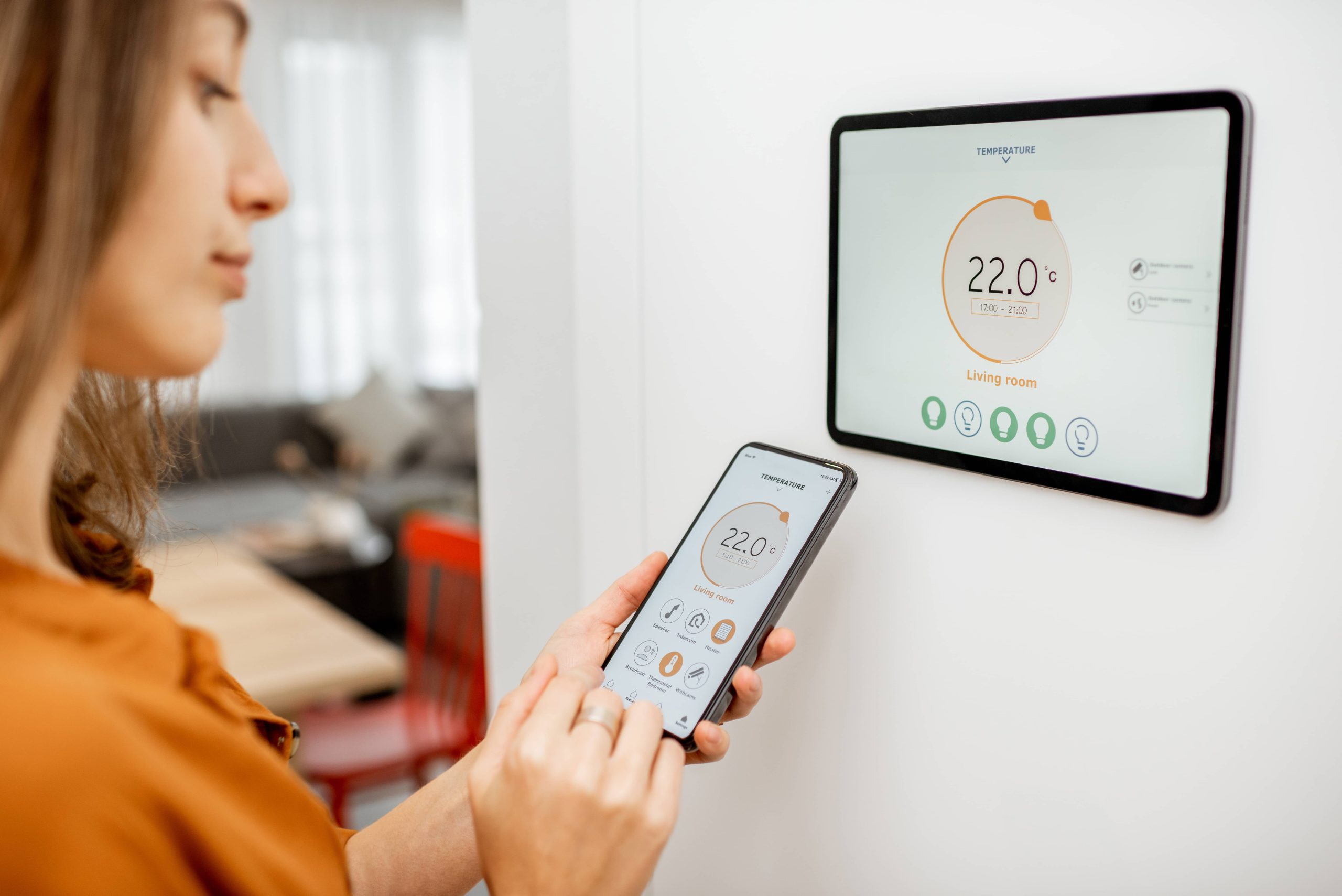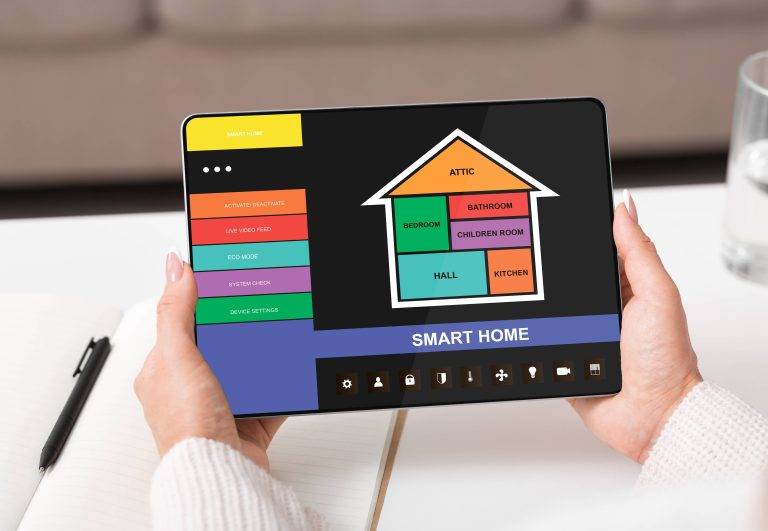
As the world becomes increasingly aware of the critical need for sustainable living, more homeowners are actively seeking ways to improve their homes’ energy efficiency. Efficient homes are not only environmentally responsible, but they also provide significant cost savings on energy bills. Advances in Artificial Intelligence (AI) have revolutionized this space, offering many powerful tools that can help us achieve our energy-saving goals. In this blog post, we will explore some of the top AI tools for enhancing energy efficiency at home and how they are reshaping our lives for the better.
1. Smart Thermostats
Smart thermostats are one of the most mature and well-known AI-driven tools for energy efficiency. Devices like the Google Nest Learning Thermostat and the Ecobee SmartThermostat leverage AI to learn your scheduling habits and temperature preferences. They use this data to optimize your heating and cooling systems, ensuring that your home maintains the desired comfort level without unnecessary energy expenditures.
For instance, the Google Nest Thermostat uses machine learning algorithms to understand your routines. After just a week of manual adjustments, it can start to program itself. These thermostats can also be controlled remotely via smartphone apps, allowing you to make adjustments no matter where you are, ensuring energy isn’t wasted when you’re not home.
2. Smart Home Energy Management Systems (HEMS)
An Intelligent Home Energy Management System, like Sense or Neurio, monitors and analyzes your household’s energy consumption in real-time. These systems use AI to track the energy usage patterns of various appliances and devices in your home, offering valuable insights into where you can cut down on energy consumption.
HEMS can identify energy hogs, malfunctioning devices, or unforeseen usage peaks that might be causing your energy bills to soar. For instance, Sense uses machine learning algorithms to identify the unique electrical signature of each appliance in your home and provide personalized tips on how to reduce energy usage. This helps homeowners make informed decisions about energy consumption, leading to more sustainable living habits.
3. AI-Powered Lighting Systems
Smart lighting systems like Philips Hue or LIFX utilize AI to help you control the lighting in your home efficiently. These systems can be programmed or automated to respond to your habits, ensuring lights are only on when they need to be. Some systems incorporate motion sensors to automatically turn off lights in unoccupied rooms, while others can adjust brightness levels based on natural light availability.
AI-driven lighting systems can significantly reduce energy waste, especially in households with children or individuals who may forget to turn off lights. They can also simulate your presence when you’re away, adding a security benefit while still being energy efficient.
4. Intelligent Power Strips
Many devices continue to draw power even when they are turned off, a phenomenon known as “phantom load” or “vampire power.” AI-enhanced intelligent power strips like TP-Link Kasa Smart Power Strip can mitigate this waste. These power strips use AI algorithms to learn the usage patterns of connected devices and cut off power when the devices are not in use.
For example, it can detect when your TV is turned off and cut off power to auxiliary devices such as game consoles or sound systems. This intelligent management can lead to substantial energy savings over time.
5. AI-Based Predictive Maintenance Tools
AI-based predictive maintenance tools play a crucial role in enhancing the energy efficiency of large, complex systems like HVAC (Heating, Ventilation, and Air Conditioning). Products like Augury or SparkCognition’s SparkPredict deploy AI algorithms to predict when these systems may fail or require maintenance. By ensuring that systems are well-maintained and functioning optimally, homeowners can prevent energy wastage and avoid unexpected breakdowns.
Predictive maintenance tools use data from various sensors to monitor the performance and condition of your HVAC system in real-time. They can send alerts when components are not operating efficiently, providing an opportunity to perform maintenance before a significant energy loss occurs.
6. Virtual Energy Assistants
Virtual energy assistants such as EnergyHub or Schneider Electric’s Wiser Energy System function similarly to virtual home assistants like Alexa or Google Assistant but are focused specifically on energy efficiency. These AI-driven platforms provide homeowners with real-time data and recommendations on their energy usage.
For example, EnergyHub can integrate with various smart devices in your home, providing a comprehensive overview of your energy consumption patterns and suggesting ways to reduce usage. These platforms can automatically adjust settings on connected devices to optimize energy savings, offering a hands-off yet highly efficient approach to energy management.
7. AI-Enabled Solar Management Systems
For homeowners with solar panels, AI-enabled solar management systems such as those offered by Enphase Energy and SolarEdge provide invaluable insights and optimizations. These systems monitor solar production in real-time, predict energy needs, and store or distribute energy to maximize efficiency.
AI tools can optimize the balance between energy produced and consumed, storing excess energy in batteries for later use or selling it back to the grid. This ensures that homeowners make the most of their renewable energy sources, ultimately reducing reliance on non-renewable energy and lowering energy costs.
Conclusion
Artificial Intelligence is at the forefront of a revolution in energy efficiency for smart homes. From smart thermostats to intelligent power strips, each AI-based tool brings us closer to a sustainable future, cutting down on energy waste and making our living spaces more efficient. As these technologies continue to evolve, the opportunities for energy savings and sustainable living will only expand.
Embracing AI tools not only enhances the comfort and convenience of our homes but also plays a critical role in our responsibility towards the environment. By investing in these smart solutions, we can enjoy significant financial savings while making a positive impact on the planet—a true win-win situation for any homeowner. So, embrace the power of AI, and watch your home transform into an energy-efficient haven.







